The Kingdom, If We Want It
Marcello Tarì
Marcello Tarì pays tribute to the life and work of Mario Tronti.
Other languages: Ελληνικά, Italiano
I loved you, now I'm going I was a communist I had a dream, a hope Goodbye, love. Goodbye —Baustelle, L’uomo del secolo
Mario Tronti died on August 7, 2023, in his house in Ferentillo, at the age of 92 — a “patriarchal age,” as Ingrao said when he turned 90, and as he later said of himself with a pinch of his usual irony, sharp and sweet at the same time.1
For a large portion of his audience, large and small, Tronti’s name was linked to his first and youthful work, Workers and Capital, published by Einaudi in 1966, which was later defined as the “bible of workerism.”2 However it is judged, this is a work which, in the wake of 1968, and above all the great worker struggles of 1969, marked a great novelty, but also a powerful theoretical rupture in the Marxism of the second half of the 20th century, that tough and difficult century to which he always remained faithful.
The first work
In those pages, Tronti did in fact carry out a so-called “Copernican revolution” in the interpretation of the epochal conflict between capital and labor. First there is the subject, the worker and their struggles, then capital and its development; thus: tactics belongs to the party, and strategy to the workers movement. This is precisely that which, in one of the most famous and dense passages of consequences, he calls the “strategy of refusal.”
In this inversion of perspective there is already, upon closer inspection, an aspect of the evangelical radicality which Tronti would refer to directly later on: the first shall be last and the last shall be first. A very radical conflict, an organized expression of the power of the oppressed, and nevertheless, a conflict without violence: “Conflict is knowledge. [...] Power is the negative of resistance, violence is the positive of aggression. [...] The strike is a collective decision par excellence, an action that interrupts activities, it is a ‘no’-saying, no to the continuation of work, [it is] non-violent struggle, conflict without war.” Class conflict as a civilizational alternative to massacrous war, because it is “the forms of struggle that reveal the objectives of the movement.”3
A heterodox communism
In its language, its style, and its theoretical references, Workers and Capital was also a genuine shock, its material entirely foreign to the communist orthodoxy of the time. To a militant culture that, in Italy, was still mired in Stalinist Diamat fused with the triad of Croce-Gentile-Gramsci, Tronti counterposed the magnificent impact of negative thought and the culture of crisis.
Nietzsche and Weber entered the walls of the factory with a tremendous roar, Mahler’s music “between a desperate adagio and a majestic presto” accompanied the march of the striking workers, and the great literature of the crisis, from Musil to Mann and Dostoevsky, impregnated the thinking of the party. All concepts of political economy became grounds for conflict, and spread outward from the factory like incandescent lava, investing the whole of society. The cultural magazine of the Italian Communist Party, Rinascita, condemned it with horror and fear.
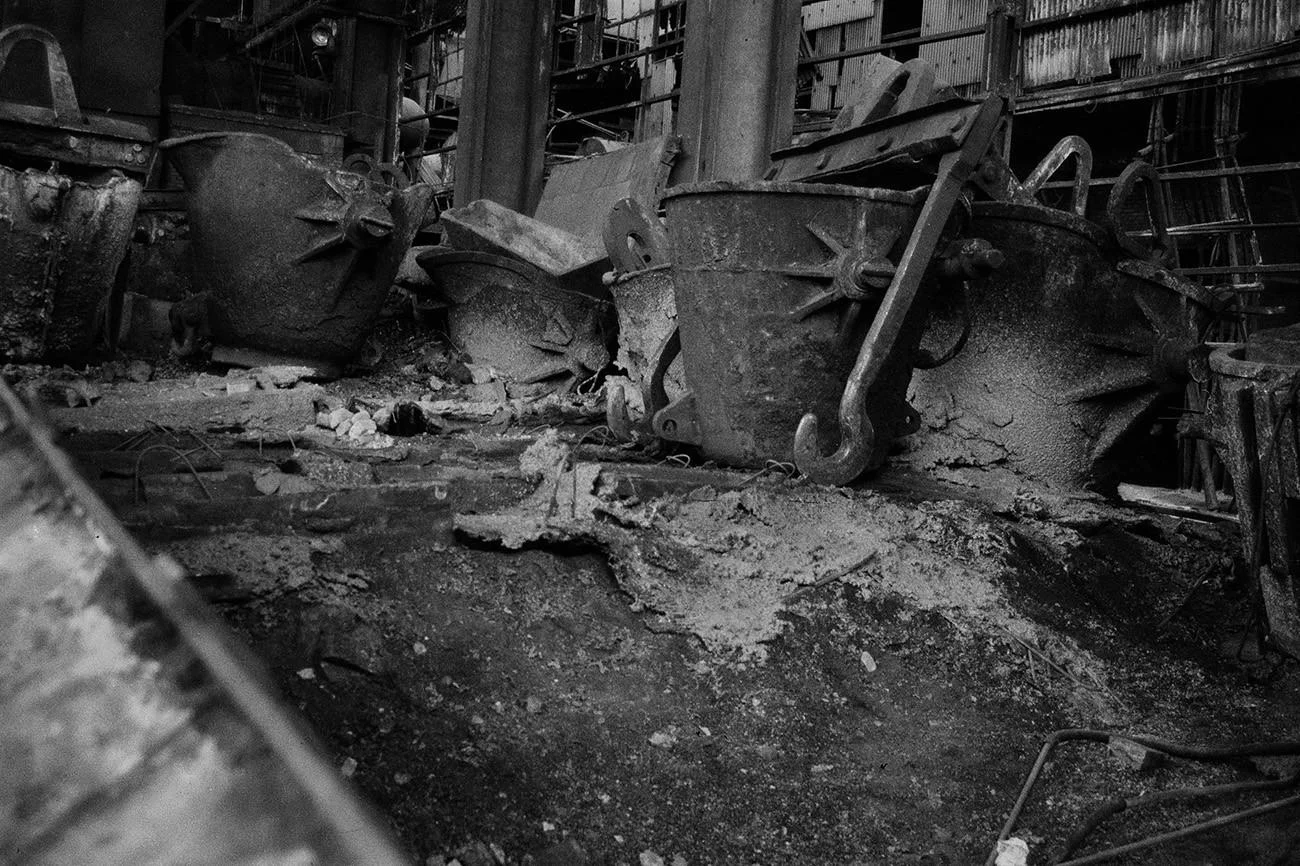
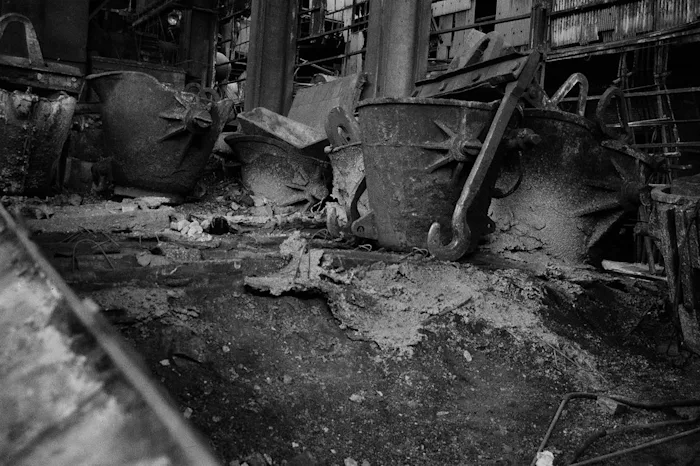
But his theoretical-militant history certainly did not end with this book. Rather, in these lines I would like to recall the Tronti of the last few decades, the one who, after the “autonomy of the political” phase from the 1970s5—an important and generally misunderstood passage—ventured into the study of political theology, experimenting first with an unprecedented and audacious marriage of the theory developed by Carl Schmitt with the Marxian tradition—«Karl und Carl», as a chapter from his Politics at Sunset reads—and then with the cultivation of a spirituality that descends into the depths and heights of Scripture, the Church Fathers, and monastic literature.
And finally, the messianic communism of Walter Benjamin, the eschatological insurrectionalism of Ernst Bloch, and the apocalyptic-revolutionary Jacob Taubes’s Saint Paul, all called upon by Tronti to vigorously correct both the reactionary apocalypticism expressed by Schmitt’s political theology as well as the aridity of materialism, whether dialectical or historical.
Indeed, it was in the midst of a public dialogue we had some years ago in a small Roman theater that Tronti declared, choosing his words carefully, that “at the end of the day, materialism is something bourgeois.” It is from this perspective, I believe, that one must understand his description of himself as a “revolutionary conservative.” Realist yes, materialist no.
The failure of revolution and political theology
Political theology certainly came to him from the early reading that he, among the first on the left, made of Schmitt and of the great conservative thinkers; and yet it also concerned a more subtle assessment that was existential and personal in nature: there was a need to “correct” the direction of history, up to and including in subjectivity, since “everything Modern has been contrary to the Announcement.”6
In 1980, during a discussion on terrorism, responding to Angelo Bolaffi, who argued that the limitation of the left lay in the fact that it had produced a theology of revolution, Tronti, in one of his classic explosive retorts, retorted that: “It is precisely because there has been a failure of revolution in the West that revolution has become converted into theology.”7 Or at least it had become so for him. Defeat, failure, even humiliation, fully became theological-political categories and then transformed into something else.
For the Tronti of the years around the turn of the millennium, the theological dimension, from being a symptom and an attempt to respond to a historical catastrophe, came to correspond to the necessity of a subjective resistance, paradoxically expressed through a deepening of the crisis. For it is Christianity itself, the Gospel, which is krisis, in its truest sense of choice and decision. Crisis of subjectivity, crisis of history, crisis of the “world”. But above all, a revolutionary crisis because it is lived for and with the last, the dispossessed, the oppressed, the humiliated and offended: the part of humanity to which Tronti always felt he intimately “belongs,” with his partisan view that must fight, again and again, against the totality of “this world” as it is: unjust, violent, selfish, nihilistic, individualistic.
Capitalism for Tronti was no longer merely an odious mode of production, defended by an equally odious politico-ideological system, but a vertiginous anthropological construction, a destructive idea and practice of the Earth and the Person that implants itself in souls, corrupting spirits and undermining their capacity to discern good from evil. It was no longer, for him, a question of a crisis of the mode of production or class relations, or of politics as the management of state affairs, but a vertical “crisis of civilization.”
The problem of Marxism, Tronti used to say, was precisely that of not having been able to propose an anthropology equal to the times and the challenges they posed. And it is also in this sense that we must understand his constant lament, like an open wound, of the absurd clash he experienced as existing between the communist movement and Christianity, reaching conclusions very similar to those of Father [David Maria] Turoldo, a man, a monk, a partisan and a poet for whom we shared a great passion, and who once wrote: “Communism could have been the true revolution of the poor; on one condition, that the law of poverty would precisely not be betrayed. Instead, it all failed miserably. No account was taken of the cupido rerum, the possibility of sin [...] they thought of making communism without any consideration of the power of religion, while the essence of true religion is to ‘remain pure of this world.’”8
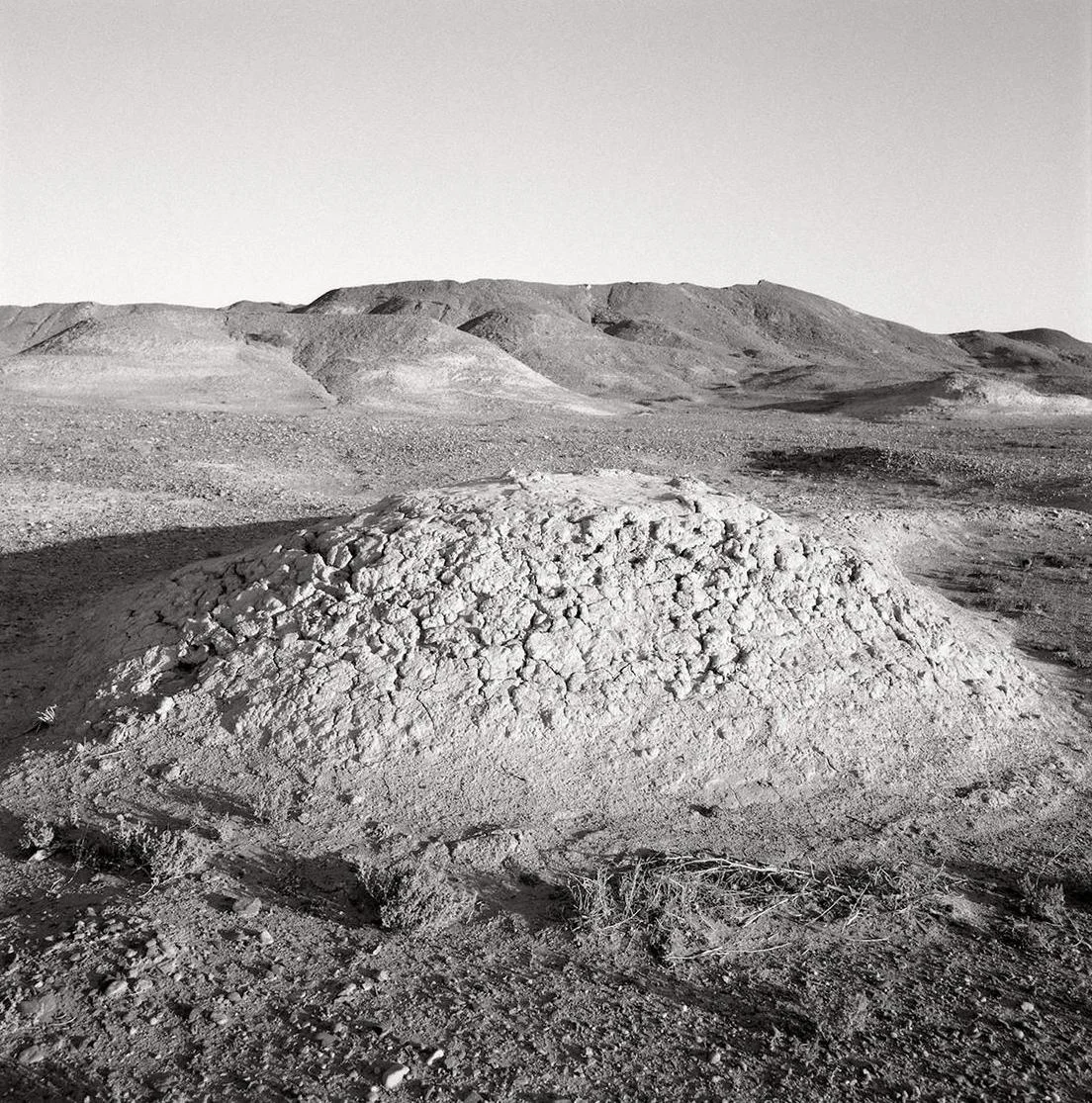
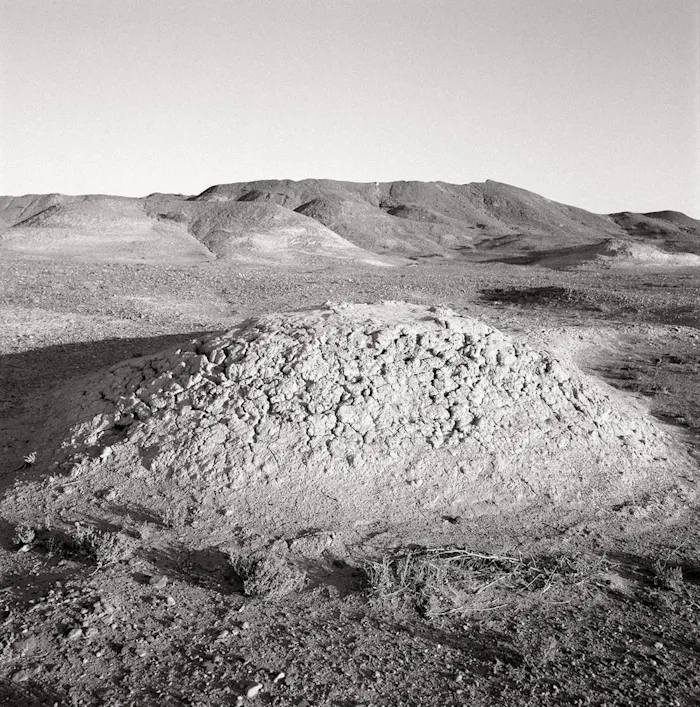
But the assumption of the theological-political paradigm also allowed for the unveiling of an unutterable truth for many leftist militants: if, with Schmitt, it is assumed that “all significant concepts of the modern theory of the state are secularized theological concepts,” then, following a Benjaminian suggestion, it is also follows that “all the concepts of revolutionary theory are secularized theological concepts,” as he writes in a 2020 text entitled “Xeniteia: Contemplation and Combat.”9
This article aimed to open up a small quarry of research through which, with the contribution of other friends, we sought to think anew about the “original” link between Christianity and communism, especially through this monastic tradition which has profoundly inspired the Trontian reflection of the last decades and his own life, influenced by his friendship with the Camaldolese monks Don Benedetto Calati and Enzo Bianchi, along with their communities.
Communism as a form of life
“Original” because, as we often discussed in recent years, Tronti ultimately became convinced that communism was not reducible to Marxism, which continues to be an important episode of it, but had a broader historical depth and a magnetic transcendent dimension which pointed toward a “form of life” that we observe in the luminous lines of the Acts of the Apostles, and which one can then follow along the long thread of the counter-history of the poor and the oppressed: “That the idea of communism has something to do with primitive Christianity is a fact that the communist movement of the 20th century did not contemplate. It is a grave lacuna.”10 And yet, this might be the only way to save the spirit of communism from the annihilating oblivion that “this world,” the history of the victors, allots to its opponents.
However, while political theology is concerned with the fundamental categories of modern politics, the state and the conflicts for power—the categories of “what is to be done,” we might say, simplifying things—on the other hand, unpacking the theological roots of communism requires turning our gaze to the theme of spirituality, that is to say, to “how to act?”, or better, “how to live” here and now, perhaps as the defeated, as Tronti himself admitted without mincing words, but without abjuring the ancient promise of liberation.
In short: the theme of spirituality as a form of life, for this was, at bottom, how Tronti saw communism as for many of his generation: a way of being, prior to any doctrine or the dream of an alternative institution. In an exchange of correspondence on a text of mine on spirituality, he wrote: “At bottom, somehow, the civitas Dei, in contrast with the civitas hominis, now of the last man, is still there, waiting for the force of the spirit that would attempt to realize it. The new man is then this generative propositional force, not the final product of the realization.”11
Another reversal of perspective: first the force of the spirit, then its realization; first the new man, then its structures—the opposite of what revolutions have done in the past, in which, initially, as Turoldo used to say, there is always the powerful disordering presence of the Spirit, but the revolutionaries did not know to follow it, or didn’t wish to do so, and thus lost themselves in believing that the new man must be the result of production units, as sung by the C. S. I (Consorzio Suonatori Indipendenti): “Bolshevik technological dream/Atheist mystique mechanics/Automatic machine—no soul” (C.S.I., Unità di produzione, 1998).
Cultivating spirituality
In fact, if we go by what Tronti wrote, political theology itself is a thing of the past.12 It must be studied and used, in order to grasp the link between “politics and transcendence”13 but without illusions about the present. What is necessary instead is the cultivation of a strong spirituality and perhaps a focus on another continent, that of “mysticism and politics,” to which the late Tronti often recalled, including through contemporary authors such as the Indian-Catalan theologian Raimon Panikkar, whom he knew through the mediation of his daughter Antonia, a deep connoisseur of Panikkar.14
Tronti quotes him, for example, during a 2006 lecture in Rome, in which he tried to explain what “spirituality” means for him: “Now, spirituality has a long history. It comes to us from far away. Panikkar speaks of this third sense which is—he says—like a more or less clear glimmer of awareness that there is more to life than what the senses perceive or the mind comprehends [...] It is not a horizontal extension, towards what we do not yet know or are not yet. Rather, it is a vertical leap towards another dimension of reality [...]. Remaining on the Earth while drifting upwards, that is to say, not bent under something: that is the condition of being free. [...] And yet that conflictuality of spirituality—since this is what I am speaking about, the conflictuality of spirituality—I believe it is possible to find it, more and better, in our tradition, the Judeo-Christian tradition [...] This is my thesis: spirituality is a language of crisis.”15
Instead of continuing to nihilistically expand the secularization of theological concepts, Tronti seems committed to the opposite movement, that is, to the retheologization of the secularized concepts of the political, as the Swedish philosopher and theologian Mårten Björk has rightly highlighted.16
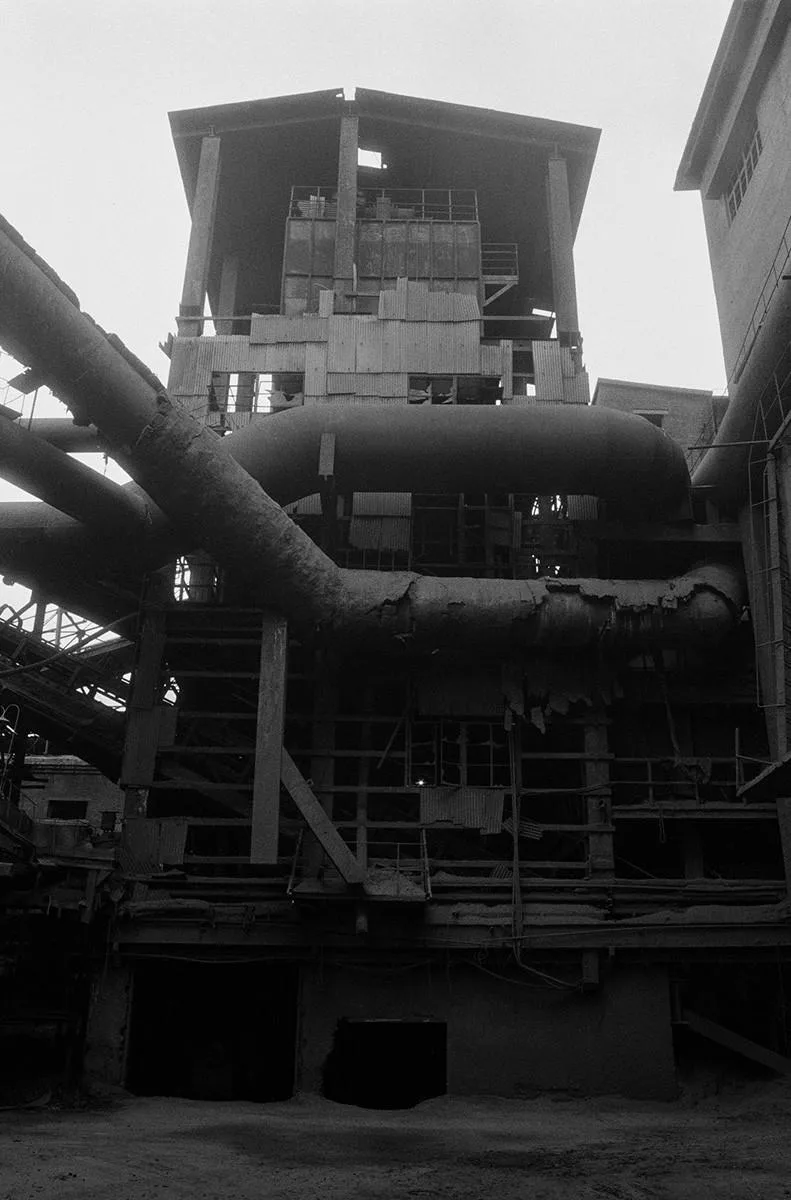
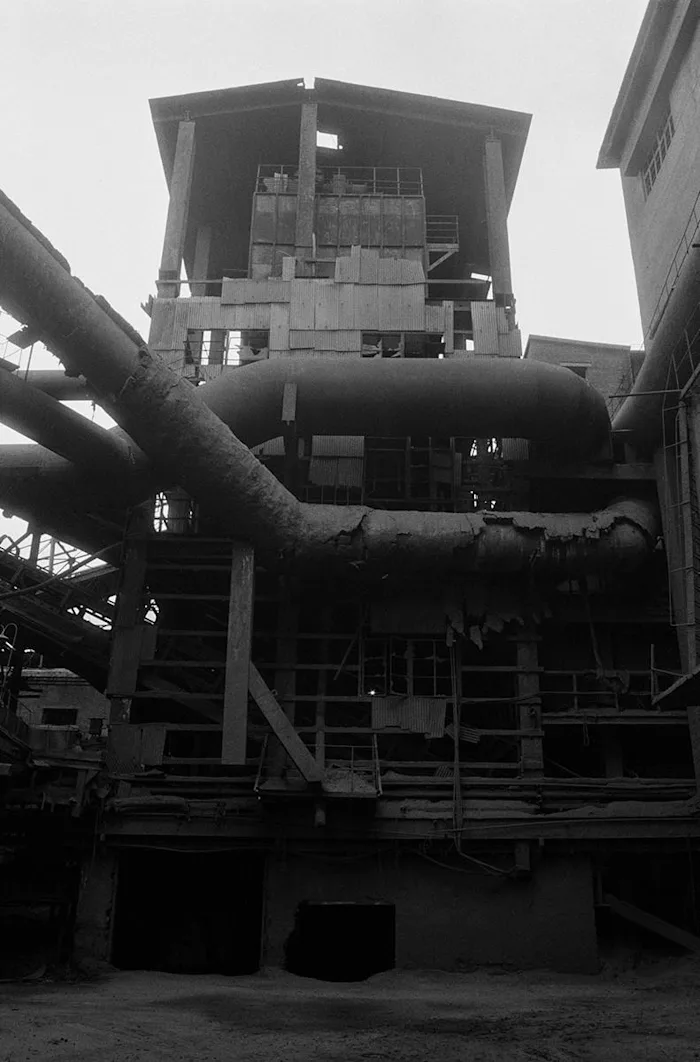
Moreover, it was Tronti himself who, in 1992, in an essay significantly titled “Beyond Friend-Enemy,” wrote: “Must we, as the philosophy of the future, take on the project of a retheologization of secularized concepts?” It is a problem of how we conceive of the political, but also of the practice of politics. Perhaps we need to return to the distinction between the ‘new heavens’ and ‘new lands.’ We must give ourselves the courage to re-propose the utopian ‘kingdom’ of another world by and for humans [uomini].”17
The times of Bailamme
In fact, one of the most interesting laboratories of thought that Tronti helped to animate at the end of the 1980s and the early 1990s, together with believers and non-believers alike, was the journal Bailamme, whose programmatic subtitle was not “journal of theology and politics” but “spirituality and politics.”18
You can appreciate the difference. This “and” is important: it stands in between, announcing a possible conjunction but also a possible conflict, a tension that can never be completely resolved and, for that very reason, is capable of generating alternative thinking and even orienting a life and giving it shape.19
Thus, there are two fields: not opposed, and in fact tightly connected, but nevertheless different. On the one hand, there is the theological-political field of research on power and the forms of conflict around it, without ever forgetting the transcendent dimension that agitates and informs everything; on the other hand, there is the field of spirituality as the “armor” [armatura] of subjectivity against the cult of the ego publicized by existential liberalism, as the impulse of the freedom of the spirit within and against the worldly desert, as that hope against all hope that lacerates even the flesh, as the concrete utopia of another world, the one that "becomes possible [...] only when it becomes necessary."20 This is what his last great book, On the Free Spirit, which he cherished so much, is all about, in which he affirmed the choice of a spirituality "not for oneself, but against the world [...] To be at peace with oneself is to go to war against the world.”21
Speaking of hopes, in one of his most beautiful recent texts, Tronti finally gives his definition of political theory, which I believe merits being remembered and meditated upon here: “In the Magnificat we read: cast down the mighty, lift up the lowly. How to cast down the mighty—this is theological. How to lift up the lowly—here is the political.”22 Once again: the Spirit inspires and guides, the political follows and tries to work for the realization of the kingdom.
Theology of liberation
Tronti used to tell me that we need to take up and deepen our understanding of liberation theology, since, he wrote, “there is indeed a battle.” Thus: contemplation (looking to the Desert Fathers) and combat (looking to the evangelical barricades in the Global South).
His doubt, which I share, was whether a discourse like that of liberation theology could really take root here, in the West, where the poor, the last, as subject, are “for now, not only unrecognized, but also unrecognizable, for the cause, as they used to say.”
This invisibility of the last, which I believe he began to recognize thanks to the intense friendship he maintained with the Jesuit Pio Parisi, moved him deeply.2 It is necessary to be able to “see beyond,” precisely, and in his last public speech this past June, paraphrasing the Jesus of John 9:30, he expressed his hope as follows, which was at the same time an incitement to struggle: “those who do not see, will see; those who see, will become blind.”24
Gigi Roggero, who was the organizer of this last meeting, wrote that in this phrase there is “a Jesus that does not turn the other cheek. A very Bejaminian Jesus, who fights to avenge the past. A Jesus who divides the world in two. Rich and poor, for early Christianity. Workers and capital, for us. Friend and enemy, in the lexicon of realism.”25
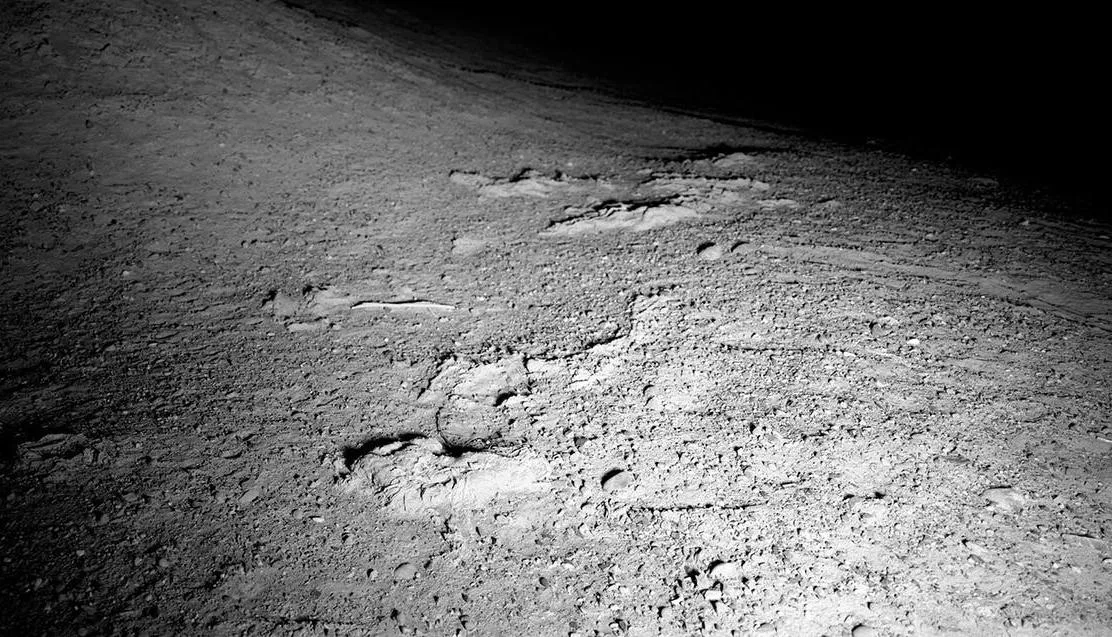
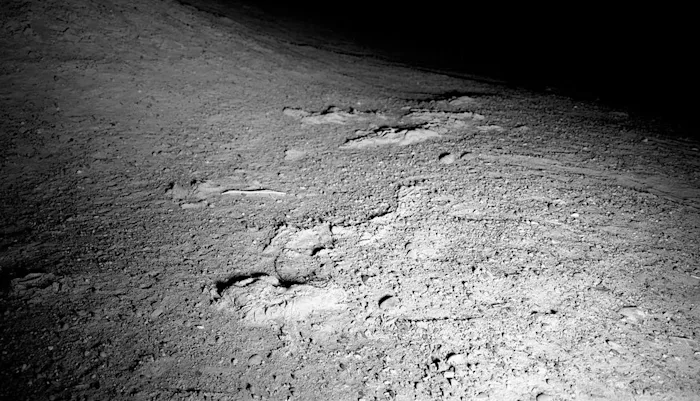
I think there are echoes in this comment of a chiliastic aspect that is indeed present in a certain Tronti—an aspect which, I must say, I myself have cultivated for a long time—and, therefore, an impatience, and thus a temptation, according to which the final division is not, as in the Gospel and as Benjamin26 actually said, in the hands of the Messiah, but is secularized and therefore must be made here and now with our own hands, and all the worse if, along with the weeds, the wheat is pulled out.
The mystery of a life
And yet Mario Tronti, like every human life, is a mystery, and there was also another tension in him, a hand-to-hand combat with the Word, through which I believe that he sensed that the last, true, and definitive revolution, the great eschatological division, the “total rupture” as Bonhoeffer says, is not within our grasp and that instead, perhaps it us up to us now to shift that “fire in the mind” which always led us into battle, in order to make it burn in the heart, as we turn our gaze upward, struggling, certainly, in order to accelerate the coming of the Kingdom; but this is an hastening that does not correspond to our imposition upon the world, an unleashing of the will to power, but to the strength and intensity of our desire.
In that article we wrote together, to the phrase “a kingdom that, it was proclaimed, is already among us,” it was Tronti’s who added: “if we want it.” It has something to do with a conversion of the heart, and a desire for communion of the spirit, from which a politics follows.
At least that is how I understood the words he wrote to me two years ago: “If I understand correctly, the direction of travel is configured to recombine, within and against all the repetitions of history, freedom and communism. Freedom of the spirit to resist the world, communism of spirits to ascend to the kingdom.” The choice of the verb “ascend” [ascendere] is interesting. But it is correct, since His kingdom is not of “this world,” and upward is the direction of freedom.
There is so much more to say, and the time will come, but now, dear Mario, while we continue to see things per speculum in aenigmate and prepare to bite the dust again, perhaps you already see and know and love facie ad faciem in the communion of spirits. So be it.
First published on Settimana News, August 23, 2023
Translated by G.A. Fox
Images: Wang Bing
Notes
1. Mario Tronti, “L’età dei patriarchi,” in M. Tronti, Non si può accettare, editado por Pasquale Serra, Ediesse, 2009, 133-141.↰
2. Recently reissued by the Derive Approdi publishing house.↰
3. M. Tronti, La politica al tramonto, Einaudi, 1998, 58-59.↰
4. M. Tronti, Politica e destino, Luca Sossella, 2006, 19.↰
5. M. Tronti, Sull’autonomia del politico, Feltrinelli, 1977.↰
6. M. Tronti, La politica al tramonto, 10.↰
7. Horst Mahler, Per la critica del terrorismo, 1980, 116.↰
8. David Maria Turoldo, La profezia della povertà, Servitium, 2012, 31-32.↰
9. The text was published on two websites that are no longer online, dellospiritolibero.it and quieora.ink, and had a broad international echo.↰
10. «Saggio in forma di intervista a Mario Tronti», in La rivoluzione in esilio. Scritti su Mario Tronti, edited by Andrea Cerutti and Giulia Dettori, Quodlibet, 2021, 349. This book was published on the occasion of Tronti's 90th birthday.↰
11. Marcello Tarì, “Prima viene lo spirito.” Online here.↰
12. M. Tronti, «Nostro Maestro Eckhart, da Agostino», in M. Tronti, Cenni di Castella, Cadmo, 2001, 161-162: "There was political theology. Political theology no longer exists. By consciously traversing and using the categories of the political as secularized theological concepts, we have learned much. But this is also a thing of the past. And a long-past thing."↰
13. M. Tronti, «Perché Teologia política», in M. Tronti, Dell’estremo possibile, edited by Pasquale Serra, Ediesse, 2011, 83-87, 86.↰
14. It is useful to recall the conference that Tronti held at the church of San Gregorio al Celio, on May 9, 2021, for the "Monastic Dialogues" organized by Antonia Tronti and Father Mario Zanotti, which that year focused on Raimon Panikkar's book, Beata semplicità. La sfida di scoprirsi monaco, Cittadella, 2007. The conference, titled "Il monaco tra storia e controstoria," can be listened to here.↰
15. M. Tronti, "Lo spirito che disordina il mondo," November 16, 2006. In M. Tronti, Il demone della politica. Antologia di scritti (1958-2013), edited by M. Cavalleri, M. Filippini, and J. M.H. Mascat, il Mulino, 2017, 618-619. This text was included by Tronti, under a different title, in his Dello spirito libero. Frammenti di vita e di pensiero, Il Saggiatore, Milan, 2015.↰
16. Mårten Björk, “La riteologizzazione del politico. Mario Tronti e la lotta contro la storia”, in La rivoluzione in esilio, 231-248.↰
17. M. Tronti, Con le spalle al futuro. Per un altro dizionario politico, Editori Riuniti, 1992, 26.↰
18. Several of his articles were initially published in Bailamme and were later republished in Con le spalle al futuro.↰
19. He wrote to me about this: "Let's insist on that ‘and’ between politics and spirituality."↰
20. M. Tronti, Dello spirito libero.↰
21. M. Tronti, Dello spirito libero, 226-227.↰
22. M. Tronti, Disperate speranze. Online here. ↰
23. Tronti has spoken several times about Pio Parisi in relation to the "invisibles," for example, in the introduction to the volume La teologia di San Paolo può interessare il politico?, edited by the Centro Studi per la Riforma dello Stato, Franco Angeli, 2021. About Parisi and another Jesuit, Pino Stancari, he says: "I call them the invisible existents [...] the people you can't see are the only ones worth having a relationship of human exchange with, because all the ones you can see are lost." About the "invisibles" Tronti also said: "They are personalities in conflict with the world, and the world repays them by not knowing them or not recognizing them. Dictatorships, crudely, strike them. Democracies, subtly, ignore them," in M. Tronti, Non si può accettare, 19, 36. Personally, I became aware of the experience of Pio Parisi and Pino Stancari through another "invisible," Maria Luisa Matera.↰
24. This is the dialogue between Tronti and the philosopher Adelino Zanini that took place during the Derive Approdi Festival last June. I recommend watching the video of the meeting, which is online here.↰
25. Gigi Roggero, In guerra col mondo. Per Mario Tronti. Online here.↰
26. “Only the Messiah himself consummates all history, in the sense that he alone redeems, completes, creates its relation to the Messianic. For this reason nothing historical can relate itself on its own account to anything Messianic.” This is the opening powerful sentence from the "Theologico-Political Fragment," in Walter Benjamin, Il concetto di critica nel romanticismo tedesco. Scritti 1919-1922 [the edition that Tarì quotes from], Einaudi, Torino 1982, 171.↰